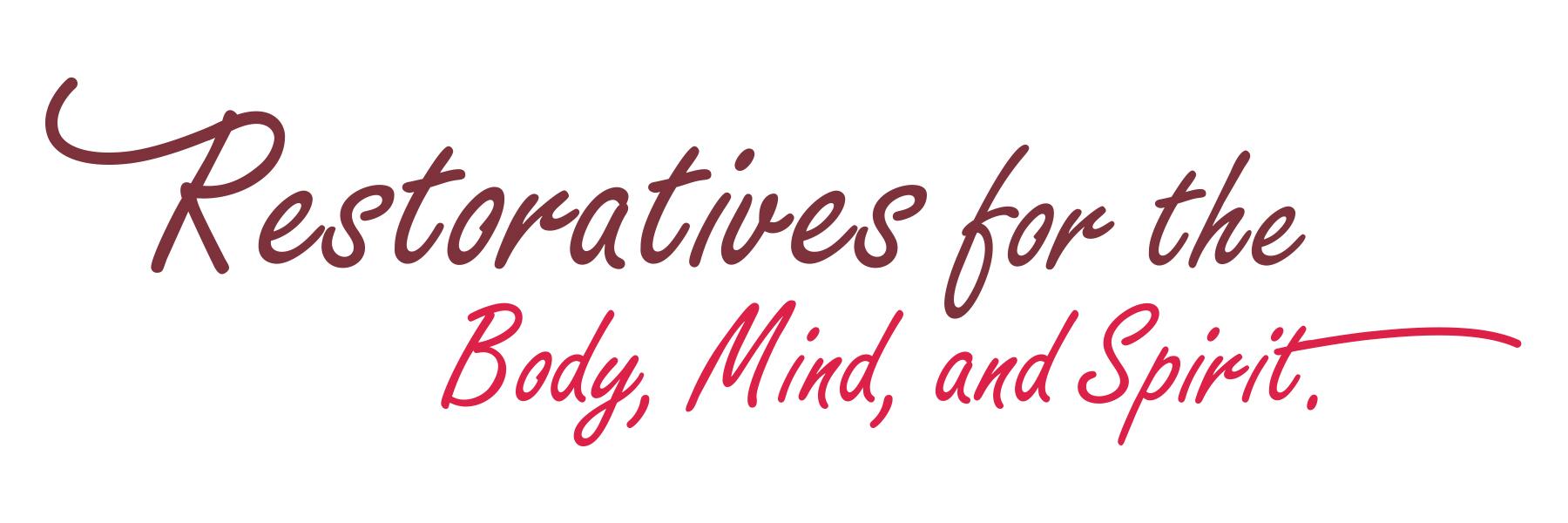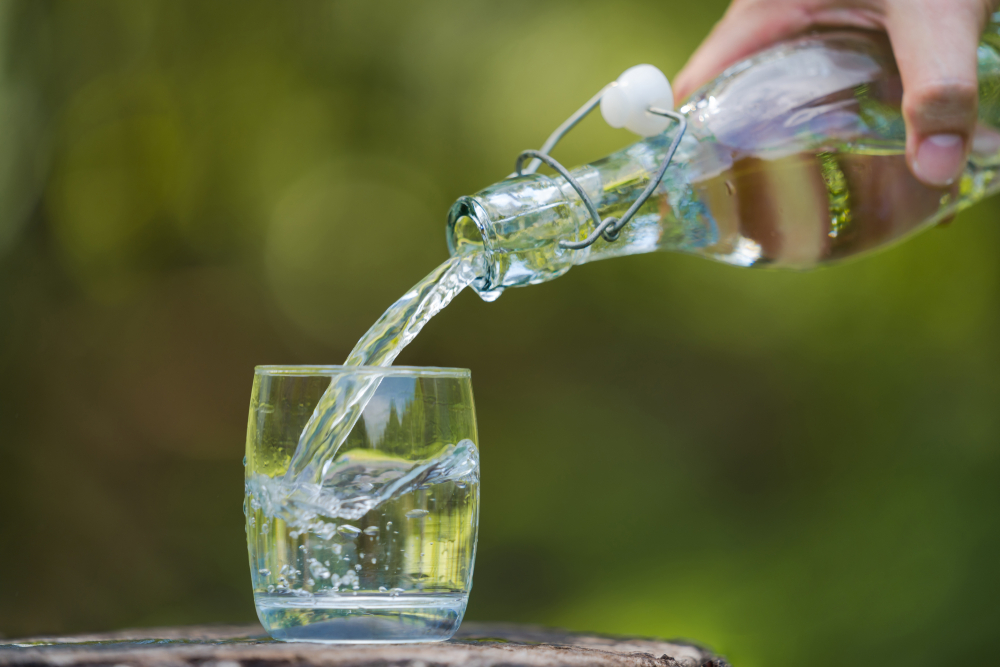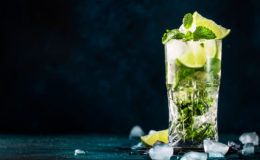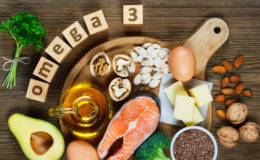“Drinking water is like washing out your insides. The water will cleanse the system, fill you up, decrease your caloric load and improve the function of all your tissues.” -Kevin R. Stone
The human body is made of 70% water. For the cells and systems to function optimally and have sufficient energy throughout the day, it’s important to be well hydrated. The water actually acts as a conductor for the messages sent through the central nervous system – i.e. important brain activity, muscle coordination, hormone receptors and important stuff like that. Water is also responsible for lubricating connective tissue and fascia which gets sticks together and forms something called adhesions which are like knots that cause pain and discomfort.Imagine a strong flowing river and when water levels falls, it becomes less robust and the surrounding areas no longer flourish. The same thing is true in the body and keeping track of water intake is one of the best things you can do for your body, mind, and spirit.
Signs that you may benefit from better hydration include:
- fatigue and sluggishness
- headache
- lightheaded or dizziness
- brain fog
- sugar cravings
- accumulation of cellulite,
- dark, strong smelling urine
- needing to urinate very little throughout the day
- muscle cramps*
- heart palpitations *
*May also indicate electrolyte imbalance.
It is generally recommended that you drink half of your body weight (in pounds) in ounces of water. Here is a simple breakdown of what that looks like in both pounds and kg and ounces and liters:
125 pounds/57 kg –>63 oz./1.85 liters
140 pounds/63.6 kg –>70 oz./2.1 liters
180 pounds/81.9 kg –>90 oz./2.7 liters
This is just a framework to get started. Let’s not focus too much on specifics. For most people around 2-2.5 liters per day will get you towards that sweet spot.
Interestingly, more isn’t always better and hydration isn’t simply about more liquid or water in the system. The blood and circulatory system work to maintain a balance of water and salt. Higher concentration of sodium in the bloodstream will trigger thirst to bring the ratio back into balance. Conversely, if you noticing that you are peeing a lot as you aim for optimal hydration, your water intake may be diluting the balance too much and actually flushing away important nutrients. Salt in itself is worthy of its own article, and despite the bad press it gets, its super important to understand that it’s also essential to life and an important part of maintaining adequate hydration. It’s true that too much salt will leave you feeling bloating, but it’s actually helpful to retain some water so that the cells stay nice and hydrated. Try adding a pinch of sea salt or pink salt to a glass of water from time to time throughout the day, especially on a hot day or after a draining workout. I have found that the salt improves my energy level and focus at any time of day. Read Eating a Banana Helps: Electrolytes are Essential to understand more about electrolytes in tandem with hydration.
Not all water is equal. Environmental considerations aside for the moment, let’s look a little closer at water. Mineral water, spring water, and filtered water are the best choices. And of course, a water cooler or a good reverse osmosis filter are solid options to reduce the use of bottles. Mineral and spring water contain varying amounts of beneficial minerals. In many places in Europe it’s common for people to drink mineral water (sparkling or still) and a lot of people even have a favourite. Some sparkling waters contain plenty of sodium like Vichy in Catalonia, Spain and Topo Chico in Mexico. Evian is high in calcium, hence the milky taste that it’s known for and San Pellegrino is packed with magnesium. Fiji is highest in silica making a good option for detox. Mountain Valley and Acqua Panna are also popular options.
Most countries have their own local varieties of spring or mineral water, so do a little research to learn about the best options in your area and be sure to recycle the bottles. The hotter the climate, the more sodium will need to be replenished because of what is lost sweating. And an extra bonus, high sodium content in the water also supports digestion. The water that you prefer may also vary during different times of the year depending on the climate and your health and fitness goals at the time.
Take some time this week to assess your water consumption habits and make some adjustments as needed. Do some experimenting and try adding a pinch of salt to your water or try out a new sparkling water on your night out. At first you may be running to the toilet often, but as your body regulates and gets used to better hydration, I promise that is temporary.







